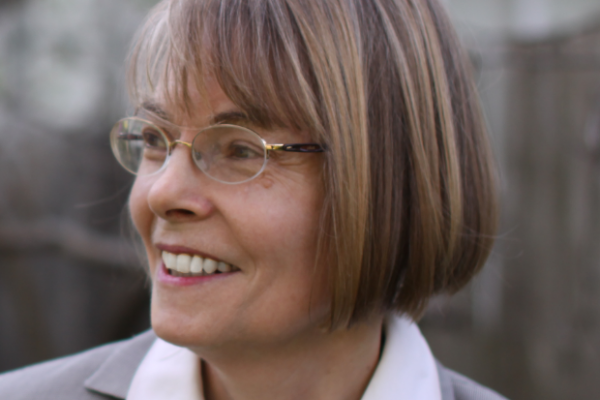
The Institute for Chinese Studies presents:
Michael Nylan
Department of History
University of California, Berkley
Title: The Pleasure Potential and its Political Dimensions
Flyer:
Bio: Michael Nylan (Ph.D. '83) began her teaching career at Bryn Mawr College, in the History Department, with an affiliation with the Growth and Structure of Cities program and Political Science. There she began to learn political philosophy from Steven Salkever, an Aristotle expert.
After more than a decade at Bryn Mawr, where she founded and led the major in East Asian Studies, in 2001 she moved on to the UC-Berkeley History Department, to work with graduate students in the company of one of the oldest and most distinguished of faculties of Chinese history. Now she writes in three main academic disciplines: the history of early China (roughly 300 BC-AD 300), early Chinese philosophy, and the art and archaeology of China. She has an abiding interest in the use and abuse of history in the modern period, as well as in the politics of the common good, the "logics of legitimacy" inscribed in the implied social contracts forged at different times and places between the rulers and ruled at different times and places. She began research on pleasure theory in early China some eighteen years ago, and because no one was writing on the topic at the time, she took her time with the project, to better understand the precise valences of the vocabulary and tropes the Chinese used to communicate their thoughts in a culture alive to pleasure. She brings what she has learned to her teaching, research, and service efforts, to current projects near to completion: a reconstruction of a Han-era Documents classic, writing a general-interest study on the "Four Fathers of History," and compiling a study of the politics of the common good in early China.
Free and Open to the Public
This event is sponsored in part by the Ohio Chinese American Professional Association (OCAPA) Lecture Fund and by the History Department Premodernist Workshop. The Institute for Chinese Studies Lecture Series is supported by a U.S. Department of Education Title VI grant to The Ohio State University East Asian Studies Center.
